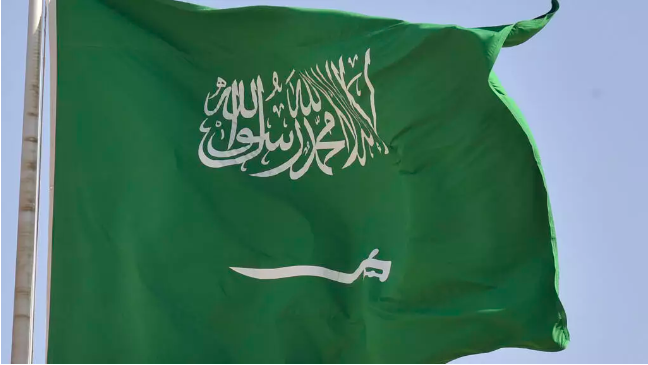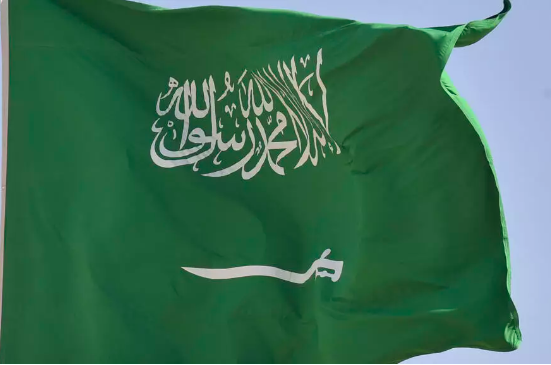In a grim escalation of capital punishment, Saudi Arabia executed 17 individuals over the space of just three days, according to official state media. The Ministry of Interior, via the Saudi Press Agency, disclosed that 15 of those executed during the weekend were foreign nationals convicted largely of drug offences, including hashish and cocaine smuggling, while two Saudi citizens were put to death on charges of terrorism.
This pace marks the fastest execution spree since March 2022, when a record 81 people were executed in a single day, shocking the international community.
So far in 2025, Saudi Arabia has carried out 239 executions, with 161 linked to drug-related crimes, a striking proportion of those executed being foreign nationals.
Analysts attribute the surge to Saudi Arabia’s ongoing “war on drugs”, which resumed at the end of 2022 after a three-year moratorium on capital sentences for narcotics offences.
Human rights groups such as Reprieve and Amnesty International have raised alarms over grossly unfair trials, lack of legal representation, and the disproportionate targeting of foreign defendants.
In June 2025 alone, 46 people were executed, including 37 for drug offences, averaging more than one drug-related execution per day. Of those, a significant number were foreign nationals, many hailing from countries such as Nigeria, Ethiopia, and Somalia.
Amnesty International’s Deputy Regional Director, Kristine Beckerle, condemned the trend, stating that the executions, particularly of foreign nationals for non‑lethal crimes, flagrantly violate international human rights norms, which restrict the death penalty to only the “most serious crimes” involving intentional killing.
Saudi Arabia recorded an unprecedented 345 executions in 2024, the highest annual total in decades, up from 172 in 2023 and 196 in 2022.
Nearly one‑third of those executed in 2024 were convicted on drug‑related charges, with foreign nationals comprising about 75 percent of those cases over the 2014–2025 period.
Amnesty International
Despite Crown Prince Mohammed bin Salman’s earlier public promises to restrict the application of the death penalty, rights advocates emphasise that the reality on the ground speaks otherwise: Saudi courts continue to hand down death sentences for non‑violent offences, often following trials marred by allegations of torture and denial of due process, particularly involving members of the Shia minority or foreign workers.
This spike in executions has drawn sharp global criticism, particularly from human rights organisations urging the Saudi regime to implement an immediate moratorium on capital punishment and align its penal system with international legal standards.

